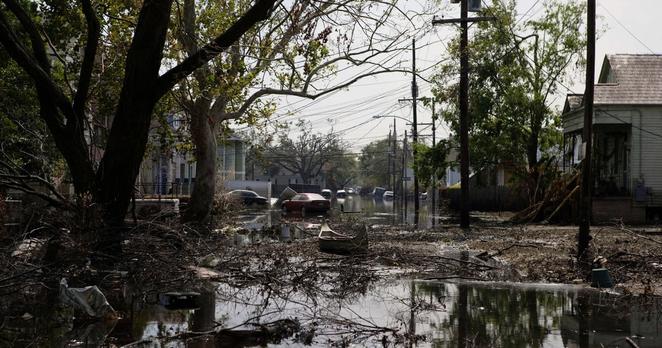@climatebrad
It feels to me like "build more housing" can't be the answer. You almost might as well say "make more land". It's not a durable solution. And it doesn't address the many other aspects of society that need to be addressed. Jobs food commerce in general, schools, the nature and flow of community itself.
A favorite quote comes to mind.
"Better implies different."
--Amar Bose, at an MIT Enterprise Forum event
(He was trying to explain to sales people at stores that would sell Bose speakers why they had to make changes in how they set them up. "Couldn't they just do what they'd always done?" The people would ask. They were used to that and did not want to change. He was trying to explain succinctly why you can't just radically improve something and leave it the same at the same time. So he, explained, that slogan had emerged.)
Surely higher population density at some point means using existing resources differently. I'm not pushing an agenda here, but I am observing that higher density feels less compatible within every person for themselves and traditional-ownership / rent-taking-for-profit model. Surely that brings a 2-tiered citizenship and breeds discontent/danger as inequality simmers.
In computer science, we talk about building systems that scale, planning for higher traffic. This could really be done in a system that did not plan for scale without the architecting the system entirely, and I've even seen some of pine that every factor of 10 in scale requires a redesign.
Sometimes the architectural plan is indeed to just add servers, but that has to be planned in, and there has to be a source of servers, and the system architecture has to be structured such that in the new model, all the necessary flows will happen correctly and resources won't be cut off from each other or too hard to access or too expensive.
"Build more housing." does not sound like the kind of answer I could give in a job interview and expect to be hired, with the hiring manager saying "this person has clearly demonstrated their understanding of operating at scale". The answer is not of a shape that seems right to me, nor does it offer sufficient detail.
A lot of capitalism seems to operate on a theory that you just twist some knobs and everything will just happen right without coordination. I think this is less and less true as either populations grow larger or resources grow smaller or resources become more stressed.
I did not write the accompanying article specifically to address this issue, and yet I feel like it says some important additional things I might say here if I were to ramble on. It is not a complete discussion of scale, but more discussion of why I don't think the traditional ways of thinking about just turning a few knobs is likely to keep working.
Losing Ground in the Environment
https://netsettlement.blogspot.com/2019/09/losing-ground-in-environment.html
It also just not addressed the issue of urgency, and the way in which urgency materially changes the set of usable solutions. I did try to address that issue here:
The Politics of Delay
https://netsettlement.blogspot.com/2024/10/the-politics-of-delay.html
and I am listening to complaints about how terrible life is because we are missing out on anything else, I'm sorry but my empathy is feeling rather limited.


